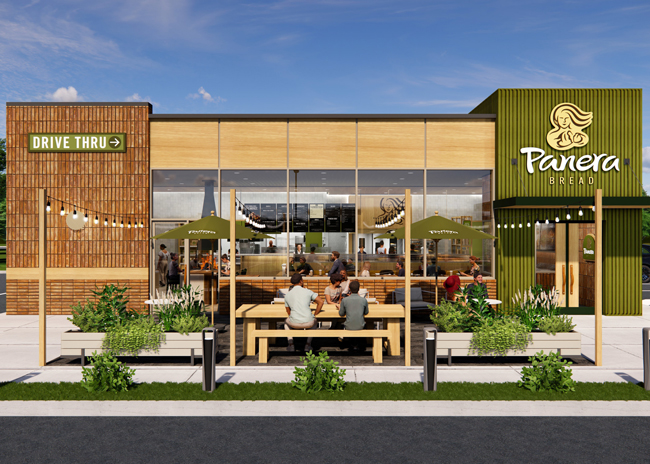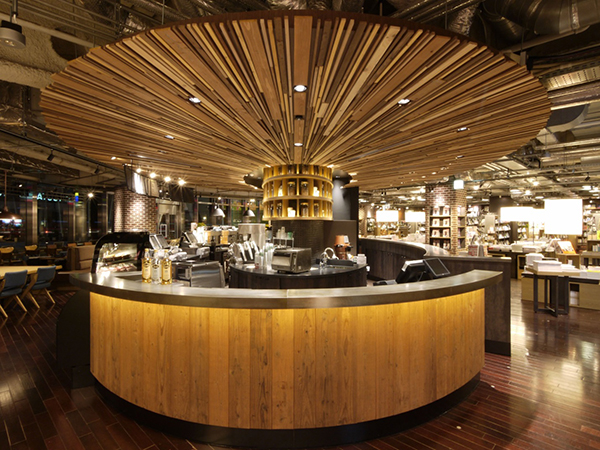Michael Haith, chairman of RainTree, an outsource franchise sales agency, counsels brands to offer sales webinars and tells them what potential partners can learn about each other. Potential franchisees learn about the brand's culture during the webinar, and the brand learns about the candidates in subsequent follow-up. When there is a match and satisfactory financials, the restaurant chain grants a franchise.
"We do mutual due diligence on whether there is a cultural match," Haith says. "Will they fit in with other franchisees? Will they see the world the same way the founders do? That is absolutely our number-one goal."
Virtually all restaurant brands using webinars as part of their franchise development strategy share this same two-fold goal. The content should educate candidates about the brand, particularly its culture, with the goal of securing the ideal partner. While some companies use trade shows and traditional advertising and promotion to develop leads, they all employ the same call to action: getting candidates to attend a webinar, which becomes the keystone of the sales pitch. The technology allows franchisors the ability to reach large groups of people efficiently and economically. Once you get candidates "in the funnel, the webinar keeps them engaged," Haith says.
A webinar should be sincere. "We want everyone to walk in with their eyes wide open. It's not so much of a sales process as it is an educational process," says Haith. "Here are the realities of running this business. Here's what your expectations should be. Here's what it takes to be successful. You're not going to be flying a jet in the first week of business, but through hard work you can build something that will provide for your needs."
Andrew Erskine, director of marketing for Management 2000, a franchise consulting company, agrees. "There are people who are looking for a franchise opportunity to better themselves. The value the webinars bring is that the franchise companies can tell these potential candidates how the brand is going to help them meet their personal goals."
Potential candidates usually have done some research before attending a webinar. The company's website provides some information about a brand — although Haith and Erskine counsel against putting too much information on the site, as it tends to overwhelm people. Franchisors should also diligently monitor how others talk about the brand in social media, Erskine says. "If [companies] don't have great brand-chatter management, reputation management really, they can hurt the franchise
development process," he says.
Most brands agree on the content the webinar should cover up to the point of divulging financials. Standard facets of the presentations include the concept, theme, personality and the brand's benefits and the challenges. Essentially, including these aspects helps create a mini online discovery session. It's the numbers discussion that differs. Some brands believe in sharing all the Item 19 data they can legally discuss. Item 19 is the statement about earnings, costs and factors affecting financial performance that is filed in the brands' Franchise Disclosure Document (FDD). Others do not discuss money at all, choosing to wait until they get to the stage of providing the FDD to the candidate.
Erskine believes in providing Item 19 information. "The corporations that are not doing that, it hurts them in the long run," he says. "A lot of attorneys do not want their clients to divulge the information, but we strongly believe that our franchise clients need to do that. It helps distinguish them against the competition."
Haith holds the opposing view, believing that franchisors should not go into Item 19 on the webinar. His reasoning is that that part of the conversation should come later.
Frequency of holding webinars ranges from once or twice a month to once or twice a week for chains in aggressive growth mode. Most tend to be live events in order to facilitate an interactive Q&A, but a few companies will also offer recorded webinars to expand the convenience of listening anytime. Usually, an hour will suffice: 45 minutes for the main content portion and 15 minutes for questions at the end. Franchisors tweak the content over time to respond to the interests of attendees and to better address commonly asked questions.
Here's a look at how four growth chains make sales webinars work for them.




